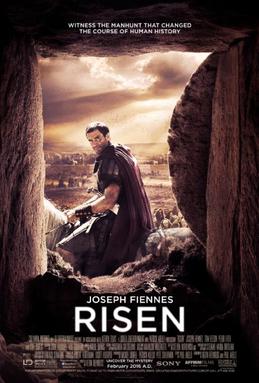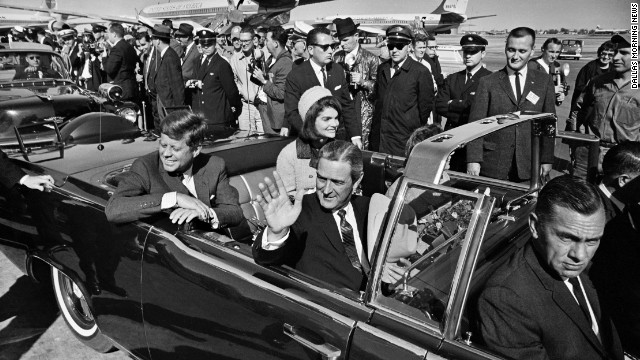Scripture text: John 20:19-31
“The world is full of death, but Christ is risen! Do not fear!’
I repeated that cadance several times in my sermon last week, driving home what I believe is the central meaning of Easter. Christ is risen. This world of hate, fear, and death has been put asunder in God’s grand plan for his beloved people. All is well, even if it doesn’t always look like it. Good has won. Life has triumphed. All is as it should be.
And it seems to be quite obvious that the Eleven disciples, those closest to Jesus during his earthly ministry, did not get the memo.
“It was the first day of the week and the doors of the house where the disciples had met was locked for fear of the Jews.” I can say that line from memory practically; I’ve preached this text so much. But that’s beside the point. You’d think they’d know! It’s not like Jesus didn’t tell them it was going to happen. But there they sit, hiding away from the world because of the one thing the angels told the women not to do. They were afraid.
On one level, it’s hard to blame them. What was real to them in that moment? They knew their master and teacher had died a horrible death on a cross. They knew he’d been set up, betrayed by one of their own to a conspiracy of religious leaders and Roman authorities. It was possible, perhaps even likely, that the same conspiracy of the powerful and wealthy was now hunting them as well.
Instead of attending our ecumenical Lenten service on Good Friday, I took the opportunity to join my wife, daughter, and in-laws for their Good Friday plans. They, and consequently we, were going to a friend’s Methodist church where they were showing the film Risen. The film explores this possible reality that the disciples were hiding from, showing us a concerted effort by the Romans and the Sanhedrin to find and destroy this “cult of Yeshua.” Soldiers in the street, interrogations, threats of torture, arrests, and all manner of frightening and fearful acts by the authorities to bring the infant church to heel in the days after Jesus’ crucifixion.
Note however I said most of the disciples. One of their number is missing. The Scriptures don’t say why, but Thomas is not with them that night. Thus when Jesus makes his appearance before the disciples, he misses out.
This, of course, sets up the story that we have as our Gospel text today. Thomas returns, refuses to believe what his companions tell him about seeing Jesus, a week passes and then Jesus shows up and Thomas sees him. He is hence nicknamed “Doubting Thomas” and is held up as a paragon of what not-to-do when it comes to faith.
But I’ve always thought that an unfair characterization of him. There are many reasons for that, but in my reading this week I may have stumbled onto a new one. And has to do the fact that Thomas is not behind that locked door on Easter evening.
The Scriptures don’t specifically tell us the reason why, but we do have a clue from an earlier passage. As I’ve pointed out in the past, Thomas is the #2 guy in John’s Gospel after Peter in terms of his interaction with Jesus. And if you rewind a week or two earlier in the narrative, back when Jesus and his disciples were still in Galilee awaiting word to the fate of Lazarus. They knew travel to Judea in the south was dangerous, and that’s where Lazarus was. When Jesus announces his decision to travel south to Lazarus and his family, Thomas speaks up. “Let us also go,” he says, “that we may die with him.”
That doesn’t sound like someone who is disloyal to Jesus or afraid of the consequences of following him. Perhaps that’s what’s going on Easter evening. Thomas is out there refusing to be afraid. He knew Jesus would likely die in going to Judea and Jerusalem. He knew that Jesus HAD to die to fulfill God’s plan. Everything that had happened was something Thomas had expected. There were no surprises there. But Thomas had dedicated himself, his whole life and being, to Jesus and his teaching. So when the moment of decision came, he wasn’t going to hide. He was going to keep on living his life as he’d dedicated it, regardless of whatever fate lay in store.
He’s a man of courage, not just doubt.
But, like all of us, Thomas is not perfect. Yes, he is unafraid. Yes, he is out and about when there could be the forces of the authorities looking for people like him. Yes, he understood Jesus had to die. What he did not understand was that Jesus also had to rise. Thus, when the others tell him of seeing Jesus alive, he balks. He doesn’t believe them.
Was Thomas a fatalist, expecting or perhaps even hoping to die along with his master? Maybe. Perhaps he saw no other fate before him and he was going to meet it head on. Jesus’ rising opened up a whole new possibility that he had never considered. And when Thomas finally sees Jesus, his eyes are opened to a whole new reality. No wonder his words to his master and friend in that upper room are so full of astonishment and amazement, “My Lord and my God.”
To Thomas, perhaps we could say, “The world is full of death and we know you’re not afraid of it coming for you. But Christ IS risen and there is another way. A way of life.”
And that brings us around in many ways to where we were last week. There’s death everywhere and it will come for all of us eventually. But Christ is risen and our way is life. Our faith is life. His work is life. All that has happened has done so to bring us life, life abundant, life eternal.
Thomas has a lot to teach us. Go forth without fear. That’s what he did, without knowing why. We know why. There is no need for fear. For Christ is risen indeed. Alleluia. Amen.








